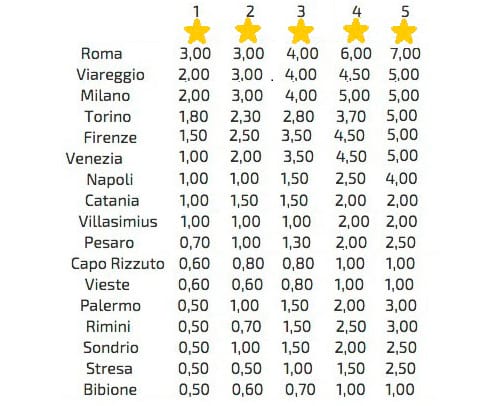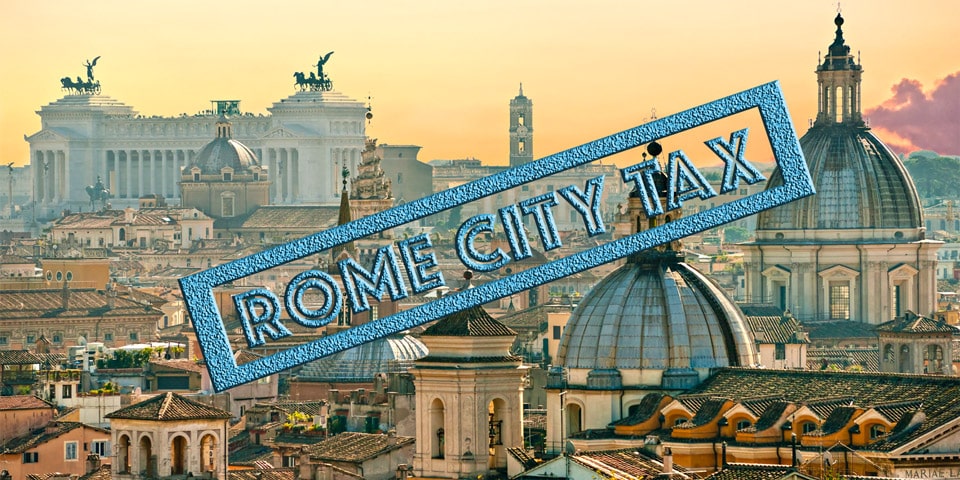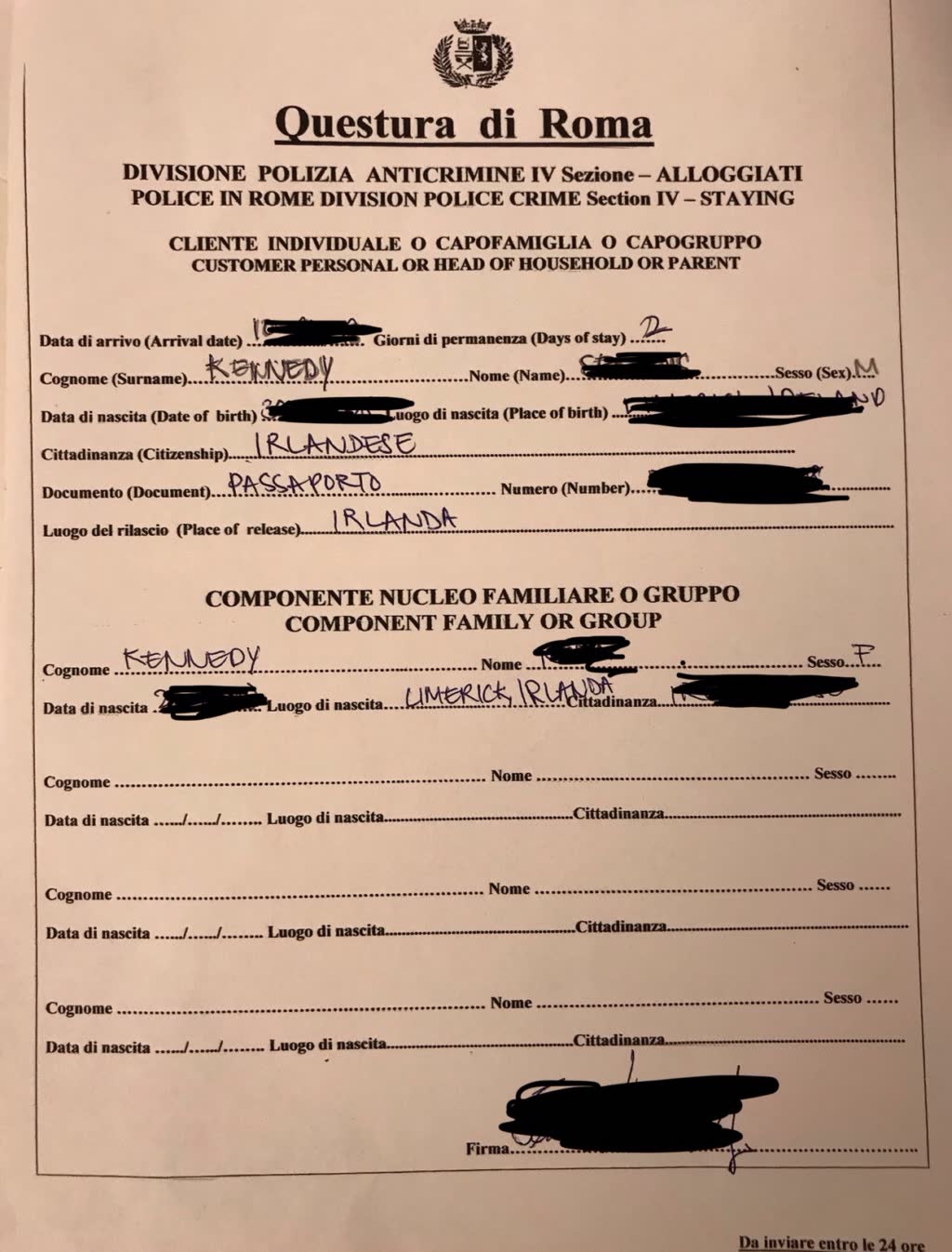Rome, the Eternal City, is a dream destination for travelers from around the globe. While planning your trip, you might come across the term “tourist tax” and wonder about its implications. In this guide, I will break down everything you need to know about the tourist tax in Rome, including personal experiences, travel tips, and recommendations to help you enjoy your adventure without any surprises.
What is the Tourist Tax in Rome?
The tourist tax, known as “tassa di soggiorno” in Italian, is a fee charged to visitors staying in hotels, bed and breakfasts, or campsites within the city. This tax helps the local government maintain the infrastructure and services that support tourism.
How is the Tourist Tax Calculated?
The amount varies based on the accommodation type and its star rating. As of 2023, the rates are as follows:
| Accommodation Type | Star Rating | Tax per Night |
|---|---|---|
| Hotels | 1-Star | €3.00 |
| Hotels | 2-Star | €4.00 |
| Hotels | 3-Star | €6.00 |
| Hotels | 4-Star | €7.00 |
| Hotels | 5-Star | €10.00 |
| B&B and Guesthouses | All | €3.50 |
| Campsites | All | €1.00 |
Important Notes on the Tourist Tax
- This tax is typically charged per person, per night, up to a maximum of 10 consecutive nights.
- Children under 10 years old are exempt from paying this tax.
- Some hotels may include this tax in their room rates, while others may charge it separately at check-in or check-out.
Personal Travel Experience: My Time in Rome
During my first visit to Rome, I was overwhelmed by the stunning architecture and rich history surrounding me. However, I was caught off guard by the tourist tax, which wasn’t clearly stated in my booking confirmation. It was only upon check-out that I had to pay an extra €4.00 per night in addition to my hotel bill. It was a small amount compared to the overall cost of my trip, but knowing beforehand would have saved me from the surprise.

Why Does Rome Implement a Tourist Tax?
The funds collected from the tourist tax are used for various purposes, including:
- Maintaining public services
- Improving tourist facilities
- Preserving historical sites and monuments
- Supporting local initiatives to enhance visitor experience
How to Prepare for the Tourist Tax in Rome
Travel Tips for Budgeting
When budgeting for your trip to Rome, here are some handy tips:
- Factor in the tourist tax when calculating your daily expenses. For instance, if you’re staying for four nights in a 3-star hotel, add €24.00 to your budget.
- Check if your chosen accommodation includes the tax in the booking price.
- Have cash on hand, as some places may not accept credit/debit cards for the tourist tax.
- Use apps or websites to find accommodations with no hidden fees.

Destinations to Explore in Rome
While you’re in the city, you’ll want to make the most of your visit. Here are the top destinations to explore:
- The Colosseum: An iconic symbol of Rome’s history.
- The Vatican: Home to the Sistine Chapel and St. Peter’s Basilica.
- Trastevere: A charming neighborhood filled with local eateries.
- Pantheon: A magnificent piece of architecture dating back to ancient Rome.
Pros and Cons of the Tourist Tax
Pros
- Helps fund the maintenance of Rome’s beautiful attractions.
- Promotes sustainable tourism.
- Supports local economy and initiatives.

Cons
- Can be an unexpected expense for travelers.
- Some may feel it adds to the overall cost of visiting a city already perceived as expensive.
Frequently Asked Questions about the Tourist Tax in Rome
1. Is the tourist tax included in hotel prices?
It depends on the hotel. Some include the tourist tax in their final price, while others charge it separately. Always check before booking.

2. Are there any exemptions from the tourist tax?
Yes, children under 10 years old are exempt. Additionally, residents of Rome and persons providing assistance to individuals with disabilities are also exempt.
3. What happens if I don’t pay the tourist tax?
Failure to pay the tourist tax may result in fines or penalties, as it is a legal requirement for tourists staying in the city.

4. Can I avoid the tourist tax altogether?
Unfortunately, you cannot avoid the tourist tax if you’re staying overnight in accommodations within the city limits. However, you might find some hostels or local accommodations with lower charges.
5. How is the tax used by the city of Rome?
The funds are utilized for maintaining public spaces, enhancing visitor services, and preserving Rome’s historic sites.
